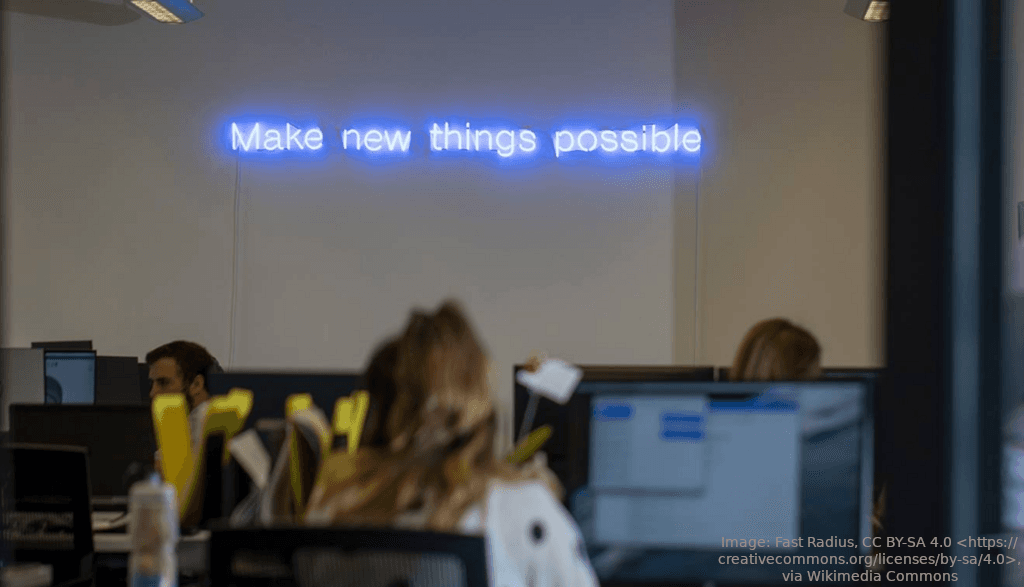Power of Influence: Making an Impact Without Authority

Influence without Authority
Not in a leadership role but eager to make an impact? Great news—leadership isn't about titles; it's about how you influence and inspire those around you. With the right approach, you can lead and drive change, regardless of your official position.
Influence in the Workplace
Influence in the workplace is the ability to shape others’ behavior and decisions. It hinges on three key focuses: demonstrating expertise to build credibility, fostering strong relationships to gain trust and support, and understanding the organization to align your efforts with its goals. Mastering these areas enhances your ability to effectively impact others and drive positive results.
How to Influence: building trust and credibility
Demonstrate skill
One key way to foster in the workplace is to demonstrate expertise and competence. Consistently deliver high-quality work and show deep knowledge in your area. When others see you as an expert, they are more likely to trust your advice and follow your lead.
Be constistent
Another key tactic is to be reliable and consistent. Follow through on your commitments and be dependable. Consistency in your actions and words helps establish a reputation for reliability, which is crucial for building trust.
Be authentic
Additionally, showing integrity and authenticity should not be overlooked, though they often are, especially in work environments. Be honest and transparent in your interactions. Authenticity and integrity build trust by ensuring others perceive you as genuine and trustworthy in an environment where people often neglect those qualities.
Be an active communicator
It goes without saying, but communicating effectively is a cornerstone of being able to effectively influence decisions in the workplace. Effective communication means not just communicating clearly, but actively listening to those around you. When someone is speaking to you, give them your full attention and let them know that by giving visual cues like eye contact, nodding along, and taking time to thoroughly consider what they are saying. Good communication helps to establish rapport and shows respect for others' perspectives, which strengthens your credibility.
Be social
Finally, building personal relationships with those around you can help you become more influential within the workplace and beyond. Take the time to understand and connect with others on a personal level. During down time, ask people about their hobbies and employ your active listening skills. If necessary, note down important events and dates in their lives and then follow up by asking about them later. Building relationships helps to create a foundation of trust and makes it easier to influence others positively. You don't have to be a social butterfly, but a little social effort goes a long way.
Keywords:
- Influence
- Soft Skills
